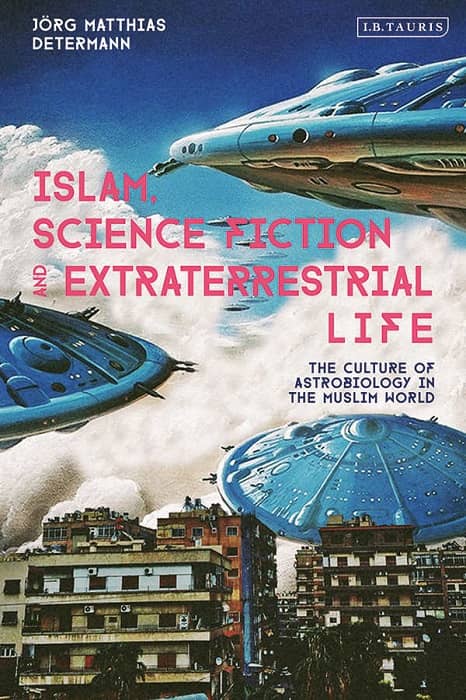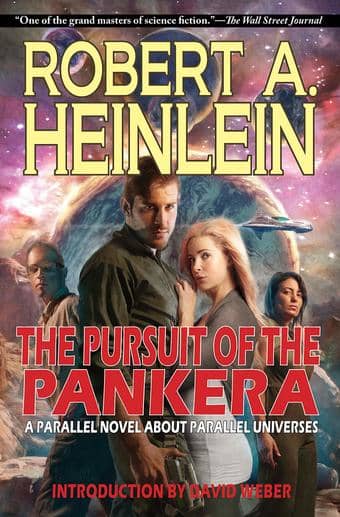Where Preposterous Dreams Meet the Raw Edges of Reality: Islam, Science Fiction, and Extraterrestrial Life by Jörg Matthias Determann
Islam, Science Fiction, and Extraterrestrial Life: The Culture of Astrobiology in the Muslim World
by Jörg Matthias Determann
I.B.Tauris, Bloomsbury Publishing (269 pages, $115.00 in hardcover/$103.50 digital, September 17, 2020)
Science fiction and ETs in the Muslim world? Why, yes. Ask Professor Jörg Matthias Determann, a faculty member in the Liberal Arts & Sciences program at the Virginia Commonwealth University School of the Arts in Qatar (the world’s richest country), and Associate Editor, Arabian Peninsula, of the Review of Middle East Studies. He is a historian who worked at Zentrum Moderner Orient, Freie Universität Berlin, the University of London, King Saud University in Saudi Arabia, and was a visiting scholar at the King Faisal Center for Research and Islamic Studies in Riyadh. He is fluent in Arabic, making him a useful guide to the sciences and mythologies of what are called “Muslim-majority countries,” which includes far-flung territories such as Indonesia and Pakistan, plus Saudi Arabia, Iran, Turkey, etc. — in all, a quarter of the world’s population. These in turn are torn by often ferocious enmity between Sunni (about 90%) and Shi’a (about 10%). A bit like Catholics versus Protestants five centuries ago — and they didn’t even have sf to worry about.
I’m fairly sure hardly anyone native to the western centers of science fiction, especially North America, UK, France, Germany, Australia, has a clue about sf or fantastika in those Islamic lands. Perhaps it’s assumed that reading or writing the usually godless worlds of sf imagination is forbidden or even attracts death threats (p. 148) by excessively devout Muslims. To some extent, as Determann shows, this is so. In 1999, a Syrian-born scholar “issued a fatwa about the permissibility of reading science fiction… ‘If these stories contain lies, such as Darwin’s theory (evolution), and other things that are contrary to the facts stated by Islam… then the Muslim should avoid them” (p. 7). Darwin’s lies, eh? Sigh.

